Thailand has established itself as the “Kitchen of the World,” with agricultural and agro-industrial exports reaching $52.19 billion in 2024, marking a 5.9% increase from the previous year. The country’s strategic focus on value-added processing has transformed raw agricultural materials into globally competitive products, creating millions of jobs and driving economic growth across rural communities.
Thailand’s Agricultural Processing Success by the Numbers
Thailand’s processed agricultural products contribute significantly to the global food supply chain. The country produces over 28 million tons of processed foods annually, with more than 50% sold outside the country. The food processing sector alone brings in approximately $10 billion annually and comprises up to 28.3% of Thailand’s GDP.
Key Market Statistics (2024-2025)
- Agricultural products exports: $28.83 billion (up 7.5%)
- Agro-industrial products exports: $23.36 billion (up 4.1%)
- Food processing industry growth: 9% annually
- Manufacturing facilities: Over 10,000 food and beverage factories
- Employment: Nearly 70,000 direct employees
Thailand’s Agricultural Leading Products
1. Cassava Starch: Global Market Domination
Thailand leads the world in cassava starch exports, capturing 57% of the global market share worth $2.83 billion. In 2024, Thailand exported $1.61 billion worth of cassava starch, representing an 8.86% increase year-on-year despite global market contraction.
Processing Excellence:
- 79 modern cassava starch plants using mechanized production
- Production capacity: 1.5-2 million tons annually
- Processing efficiency: Complete treatment in less than 30 minutes
- Export destinations: Japan, Malaysia, China, Philippines, Singapore, Indonesia, USA, and EU
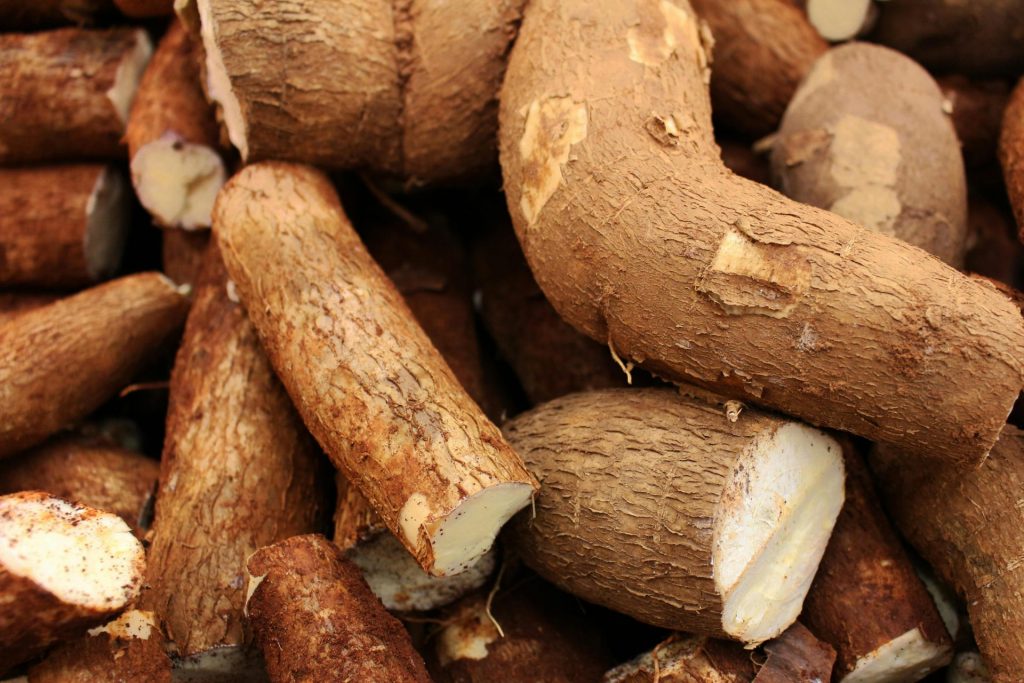
Market Applications:
- Monosodium glutamate production
- Starch sugar and sweeteners
- Food additives and feed supplements
- Industrial adhesives and textiles
- Biofuel and ethanol production
2. Rice Products: Premium Quality Processing
Thailand processes its world-renowned rice into various value-added products, maintaining its position as a leading global exporter. Rice exports increased 28.8% in 2023, reaching $5.1 billion in value.
Processed Rice Products:
- Milled rice: Various grades and specifications
- Rice flour: For bakery and food manufacturing
- Rice noodles: Fresh and dried varieties
- Rice-based snacks: Crackers and extruded products
- Organic rice products: Premium certified varieties
Export Growth (2025):
- Rice exports to China: 202,889 tonnes (77.7% increase)
- Value to China: $108.9 million (31.3% increase)
- Total rice production: 35.28 million tonnes projected for 2025/26
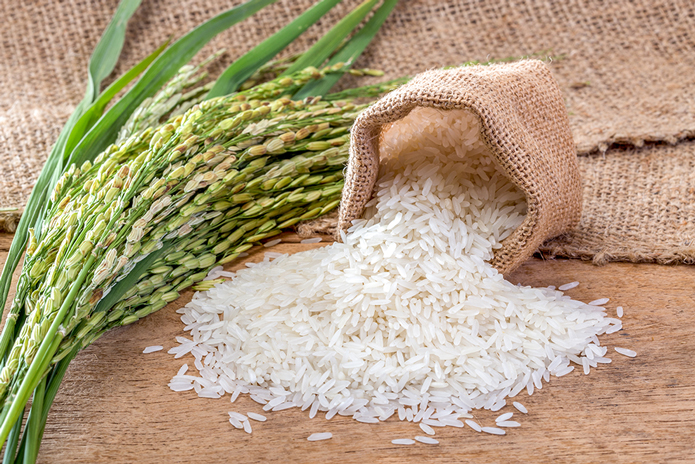
3. Coconut Products: Tropical Processing Innovation
Thailand’s coconut processing industry has experienced remarkable growth, with the market projected to expand at a 6.8% CAGR from 2025 to 2031. Despite production challenges, the industry continues innovating with value-added products.
Key Coconut Products:
- Coconut milk and cream: Canned and UHT varieties
- Coconut water: Fresh and processed beverages
- Desiccated coconut: Various grades for bakery and confectionery
- Coconut oil: Virgin, refined, and specialty grades
- Coconut flour: Gluten-free alternative
Market Dynamics:
- Fresh coconut prices: $2.90/kg (nearly doubled from previous year)
- Production volume: 0.86 million tonnes (down from 0.94 million)
- Export focus: China absorbs 91% of coconut exports
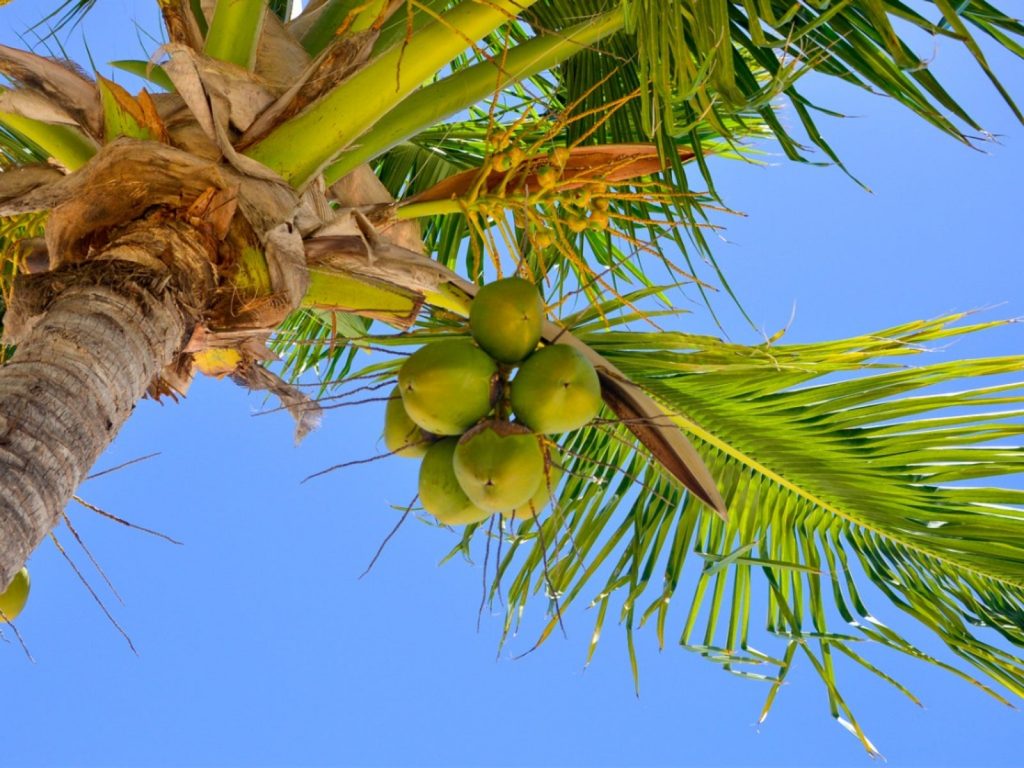
4. Frozen and Processed Seafood
Thailand’s seafood processing industry produces 236,200 tonnes of chilled and frozen products annually, serving global markets with high-quality standards.
Major Seafood Products:
- Frozen shrimp: Peeled, cooked, and value-added varieties
- Canned tuna: Various sizes and preparations
- Frozen fish fillets: Multiple species and cuts
- Prepared seafood: Ready-to-eat and convenience products
- Surimi products: Fish paste and derivatives
Industry Strengths:
- International certifications: GMP, HACCP, ISO standards
- Advanced technology: High-speed processing and quality control
- Skilled workforce: Experienced in seafood handling and processing
- Supply chain integration: From vessel to export
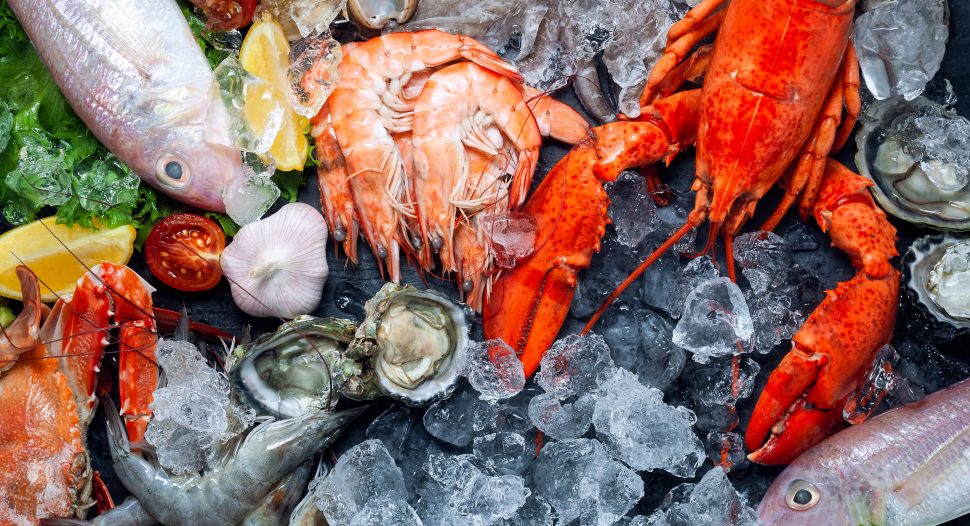
5. Tropical Fruit Processing
Thailand excels in processing its abundant tropical fruits into shelf-stable products for global distribution.
Canned and Processed Fruits:
- Mango: Slices, chunks, and purees
- Pineapple: Rings, chunks, juice, and concentrate
- Rambutan and lychee: In syrup and natural juice
- Jackfruit and longan: Canned and dried varieties
- Mixed tropical fruits: Cocktails and specialty blends
Export Performance:
- Durian exports: $3.82 billion (54.2% global market share)
- Longan processing: 65,000 tonnes including processed products
- Canned fruit growth: Steady expansion in Asian and Western markets
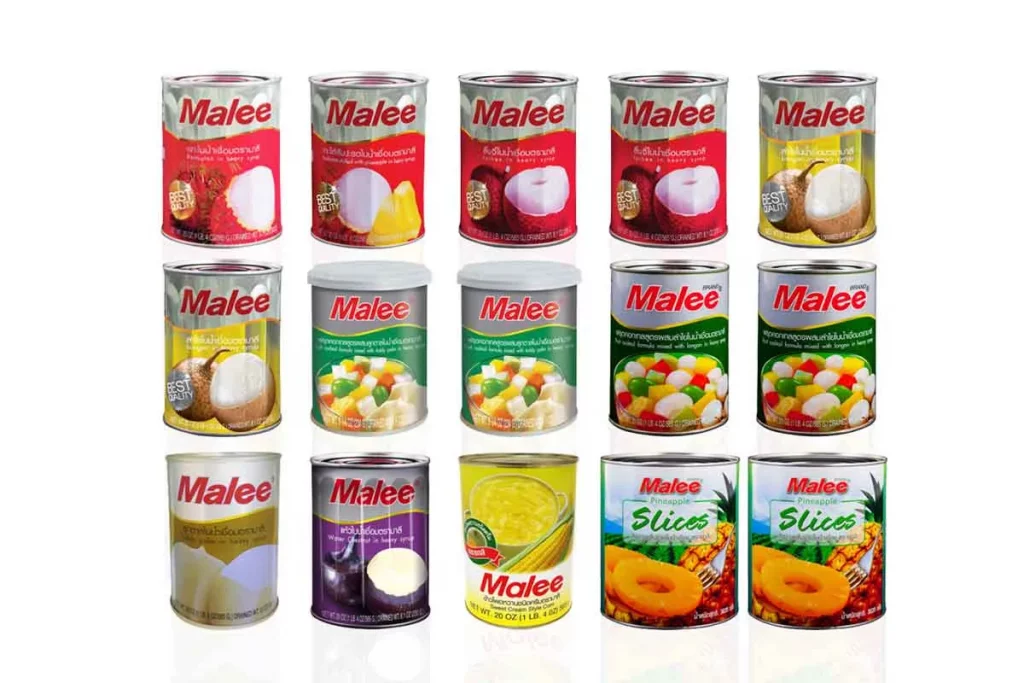
Thailand’s Agricultural Manufacturing Excellence and Quality Standards
Advanced Processing Facilities
Thailand’s food processing plants comply with international standards including:
- Good Manufacturing Practice (GMP)
- ISO quality management systems
- Hazard Analysis Critical Control Points (HACCP)
- Total Quality Management (TQM)
- Organic and Fair Trade certifications
Technology Integration
Modern Equipment:
- Flash freezing systems for seafood and fruits
- UHT processing for coconut milk and beverages
- Automated packaging lines for consistent quality
- Cold chain logistics maintaining product integrity
- Traceability systems ensuring food safety
Innovation Focus:
- Plant-based alternatives: Vegan tuna and meat substitutes
- Functional foods: Health-enhanced products
- Sustainable packaging: Eco-friendly materials
- Digital agriculture: IoT and precision farming integration
Thailand’s Agricultural Export Markets and Trade Relations
Key Export Destinations
Asia-Pacific: China, Japan, South Korea, Taiwan
North America: United States, Canada
Europe: Germany, Netherlands, UK, France
Middle East: UAE, Saudi Arabia, Qatar
Trade Agreements and Access
Thailand benefits from various trade agreements facilitating agricultural exports:
- ASEAN Economic Community (AEC)
- Regional Comprehensive Economic Partnership (RCEP)
- Bilateral trade agreements with major importing countries
- Special market access for organic and premium products
Thailand’s Agricultural Industry Challenges and Opportunities
Current Challenges
Climate Impact: Drought and flooding affect raw material supply
Rising Costs: Energy, labor, and transportation expenses
Competition: From other Southeast Asian producers
Supply Chain: Logistics and cold storage limitations
Sustainability: Environmental and social responsibility requirements
Growth Opportunities
Health and Wellness Trends:
- Functional foods with added nutritional benefits
- Organic and natural product lines
- Plant-based alternatives meeting dietary preferences
- Allergen-free options for specialized markets
Technology Adoption:
- Automation and AI improving efficiency
- Blockchain traceability ensuring authenticity
- Smart packaging extending shelf life
- E-commerce platforms reaching global consumers
Market Expansion:
- Premium product segments in developed markets
- Emerging markets in Africa and Latin America
- Food service sector growth post-pandemic
- Private label partnerships with major retailers
Thailand’s Agricultural Sustainability and Future Development
Environmental Initiatives
Sustainable Sourcing:
- Good Agricultural Practices (GAP) certification
- Reduced chemical inputs through integrated pest management
- Water conservation in processing facilities
- Renewable energy adoption in manufacturing
Circular Economy:
- Waste valorization turning by-products into value
- Packaging reduction and recyclable materials
- Energy recovery from processing waste
- Community partnerships supporting local farmers
Government Support and Policy
Investment Incentives:
- Board of Investment (BOI) promotion for food processing
- Industrial estate development with infrastructure support
- Research and development funding for innovation
- Export promotion through trade missions and marketing
Infrastructure Development:
- Cold storage expansion nationwide
- Port and logistics improvements
- Quality testing laboratories for food safety
- Digital connectivity for rural areas
Conclusion: Thailand’s Agricultural Continued Leadership
Thailand’s agricultural processing sector demonstrates remarkable resilience and innovation, transforming the country into a global food manufacturing hub. With $52.19 billion in annual exports and continued investment in technology and quality, Thailand maintains its position as the “Kitchen of the World.”
Key Success Factors:
- Strategic processing adding value to raw materials
- Quality standards meeting international requirements
- Diverse product portfolio serving multiple market segments
- Continuous innovation adapting to consumer trends
- Strong government support facilitating industry growth
As global demand for processed foods continues expanding, Thailand’s combination of abundant raw materials, advanced processing capabilities, and strategic market positioning ensures continued success in the international agricultural trade. The industry’s focus on sustainability, technology adoption, and premium product development positions Thailand well for future growth in the competitive global marketplace.
Whether producing cassava starch for industrial applications, premium coconut products for health-conscious consumers, or frozen seafood for global dining tables, Thailand’s agricultural processing industry continues setting standards for quality, innovation, and market leadership in the 21st century.
- https://www.nationthailand.com/business/trade/40051239
- https://embassyofindiabangkok.gov.in/public/assets/pdf/Market%20Survey%20Thailand%20Food%20Processing%20Industry%20March%202014.pdf
- https://theinvestor.vn/thailands-agriculture-predicted-to-grow-by-18-28-in-2025-d13888.html
- https://tvbrics.com/en/news/thailand-boosts-agricultural-exports-to-china-with-rice-and-cassava-in-top-spot/
About us
Try it for yourself. Freshdi.com
Global B2B Marketplace.



